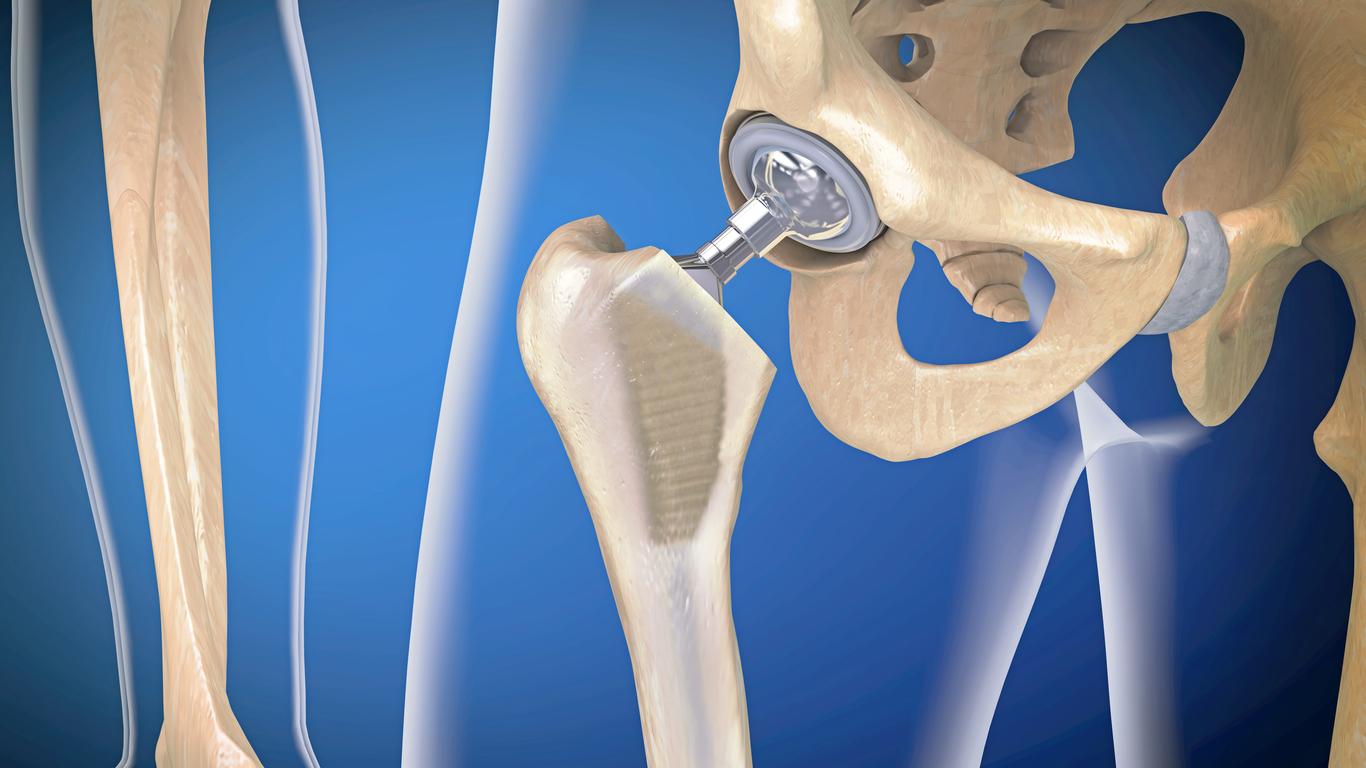The ANSM has been informed of cases of serious adverse effects, some of them fatal, linked to an overdose of colchicine. Professionals are reminded to follow the dosage regimen.

The National Medicines Safety Agency (ANSM) warns about the risks of colchicine, a medicine prescribed against gout attacks. The health agency indicates to have been informed of “new cases of serious adverse effects, some of fatal outcome, linked to an overdose” of this molecule. In this context, it asks healthcare professionals to follow a new dosage regimen developed by its experts.
Colchicine (Colchimax® and Colchicine Opocalcium®) is indicated for the treatment of acute gout attacks or can be used as a preventive treatment in patients with chronic gout attacks. It is also prescribed for people with Behçet’s disease. “This is a drug with a narrow therapeutic margin, which means that the difference between the therapeutic dose and the toxic dose is small,” explains the ANSM. Thus, variations in concentration in the body can be the cause of toxic effects and there is no specific antidote to date ”.

No more than 3 mg per day
Also, faced with these new cases of serious adverse effects, the ANSM has requested an update of the leaflet as well as the development of a new prescription scheme aimed at reducing these risks. “The maximum dose of colchicine per dose is 1 mg and the doses should be distributed throughout the day. The daily dosages should be decreasing: 3 mg maximum on the 1ster day, 2 mg the next two days, then 1 mg from the 4thth day, describes the Agency, which asks healthcare professionals to comply with these new recommendations.
In addition, the ANSM stresses that it is very important to respect the contraindications, in particular in patients suffering from severe renal or hepatic insufficiency, as well as to avoid drug interactions, in particular with antibiotics (pristinamycin and macrolides). ).
The health agency finally recalls the early symptoms of intoxication: abdominal pain, profuse diarrhea, nausea and vomiting. Faced with such manifestations, patients should consult a doctor.
.















